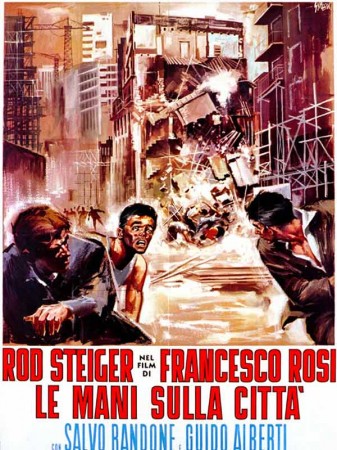

“It’s basically a feudal system where you have the corporations acting as the lords and owners of the data, and they farm people for their data as they traverse their platforms” - John RobbĪccording to Robb’s testimony, the closest economic framework to describe how big data is approached in the United States is feudalism, with corporations acting like lords over the data they farm from their users. Since 2004, expert witness John Robb has written the Global Guerrillas Report - predictive frameworks for making sense of the world at the intersection of war, technology, and politics - and he has been a consultant to both the defense and intelligence communities, as well as researcher at Forrester, and he is the author of the 2007 book “Brave New War.” John Robb Today, the Senate Judiciary Committee Subcommittee on Competition Policy, Antitrust, and Consumer Rights held a hearing on “ Big Data, Big Questions: Implications for Competition and Consumers,” where representatives of Google and Facebook testified alongside other thought leaders on the issue of big data. That is why all of our trips are flightless in destination, fully carbon offset - and we have ambitious plans to be net zero in the very near future.Global Guerrillas Report writer John Robb tells the Senate Judiciary Committee that corporations act like feudal lords over big data, and that we need a set of digital rights to prevent big data from being used as a tool for oppression. We are committed to go as far as possible in curating our trips with care for the planet. We know that many of you worry about the environmental impact of travel and are looking for ways of expanding horizons in ways that do minimal harm – and may even bring benefits. Our Sailing Trips invite you to spend a week experiencing the best of the sea and land in the Caribbean and the Mediterranean. Our Mini Trips are small and mighty - they squeeze all the excitement and authenticity of our longer Epic Trips into a manageable 3-5 day window. Epic Trips are deeply immersive 8 to 16 days itineraries, that combine authentic local experiences, exciting activities and enough down time to really relax and soak it all in. Our Trips are suitable for both solo travellers and friends who want to explore the world together. That is why we have intensively curated a collection of premium small-group trips as an invitation to meet and connect with new, like-minded people for once-in-a-lifetime experiences in three categories: Epic Trips, Mini Trips and Sailing Trips. Increasingly we believe the world needs more meaningful, real-life connections between curious travellers keen to explore the world in a more responsible way. We are proud that, for more than a decade, millions like you have trusted our award-winning recommendations by people who deeply understand what makes certain places and communities so special. Culture Trip launched in 2011 with a simple yet passionate mission: to inspire people to go beyond their boundaries and experience what makes a place, its people and its culture special and meaningful - and this is still in our DNA today.

Since you are here, we would like to share our vision for the future of travel – and the direction Culture Trip is moving in. The end result is a monumental achievement in world cinema, with battle scenes so vivid that you can almost smell the blood, sweat and gunpowder. So huge were the demands of making the film that when Kurosawa’s wife of 39 years, Yoko Yaguchi, died during filming, the great director only took one day off to mourn before resuming production. The director was given special permission to film at ancient castles at Meiji and Kumamoto and he even built a castle on the slopes of Mount Fuji, only to burn it down during the film’s final scene. The battle sequences made use of 200 horses, and more than 1,400 uniforms and sets of armour were handcrafted by artisans for the production. Kurosawa was no stranger to widescreen epics, but he digs extra deep in this sprawling beast of a film, which would sit comfortably alongside the all-time great war movies.

A baroque riff on Shakespeare’s King Lear, it tells the story of ruler Hidetora Ichimonji, who decides to divide his kingdom among his three sons only for a brutal power struggle to ensue. Ran was the most expensive Japanese film ever produced at the time of its release, with a budget of more than $12 million.


 0 kommentar(er)
0 kommentar(er)
